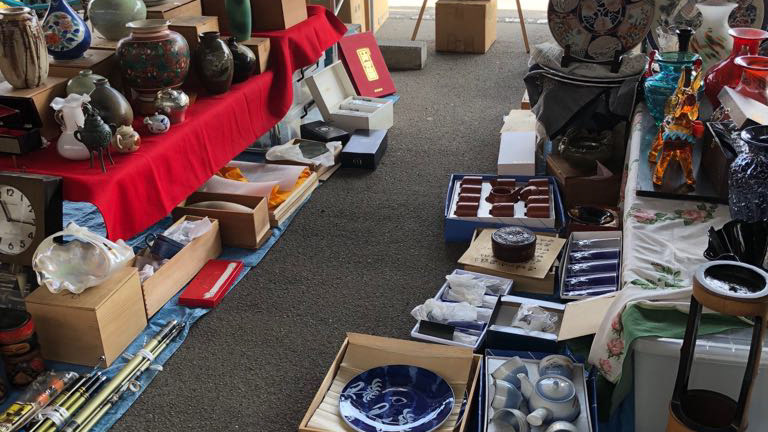“A matter of life and death” – the theme of this year’s Melbourne Writers Festival echoes with the story of local author, Nevo Zisin. Featured in six events this year, Nevo is a Jewish, non-binary activist (they/them and he/him). Nevo’s autobiography, Finding Nevo: How I Confused Everyone traces back their 21-years of identity development and gender transition throughout childhood to young-adulthood.
With marriage equality granted nationwide in Australia last year, LGBTQIA+ (Lesbian, Gay, Bisexual, Transgender, Queer, Intersex, Agender/Asexual + other identities) rights have become a focus in contemporary society. Yet, individuals continue to be underrepresented and invalidated as this memoir highlights.
Nevo sheds a light on the underlying internal struggles and emotional journey of individuals with non-conforming gender and sexuality. However, like Nevo and other LGBTQIA+ individuals, the book is not solely defined by its “queerness”.
Finding Nevo is also a coming-of-age story, from the ups and downs in their adolescent life to mental health issues. Reading the book is like getting to know Nevo on a personal level and listening to their stories over coffee.
As the title suggests, Nevo’s gender identity inevitably confused their family and friends. Coming out three times as a lesbian, transgender boy and finally, a gender-queer, Nevo felt isolated at times. In moments when Nevo was misunderstood by their step-siblings or their trans-identity brushed off by classmates as an “attention seeking act”, you can’t help but want to give Nevo a hug.
Nevo’s physical and mental transitions are kept raw and honest. They do not shy away from any subject. Nevo talks about how initially, they felt uncomfortable using the girl’s bathroom while the unfamiliarity of going to the male bathroom caused them anxiety, especially during their period.
Unlike the formality in traditional autobiographies, Finding Nevois more casual-toned but still descriptive. It seems like an extension to Nevo’s video-blogs on Youtube which can easily resonate with queer youth.
There are also informative and reflective tinges. The additional glossary educates on LGBTQIA+ terminology and definitions. Along with Nevo, readers learn gender notions through different perspectives, from a binary view in Jewish conventions to a gender spectrum in a queer standpoint.
“Gender has changed through time, cultures and geographies.” Nevo continues, “once I recognised this, a liberating thing happened.” After struggling to fit into either gender box, Nevo came out the final time as non-binary, and as a human.
Finding Nevo tells a character-driven story of Nevo’s identity development. It follows a process of understanding and acceptance for everyone in Nevo’s life, Nevo, and the readers. No matter if you are in the LGBTQIA+ community, know someone in the community or just a casual reader, this is an important and mind-opening book everyone should read.
Expressing your own identity may be something you don’t really think about. But for marginalised communities, it remains a privilege. As Nevo concludes, “I don't want to hear how my story has touched you; I would rather hear what you’re going to do to make this world safer.”






